Crime and Punishment
Fiction & Literature, Literary Theory & Criticism, European, Russian, Classics, Literary| Author: | Fyodor Dostoevsky | ISBN: | 1230000233128 |
| Publisher: | Starbooks Classics Publishing | Publication: | April 14, 2014 |
| Imprint: | Language: | English |
| Author: | Fyodor Dostoevsky |
| ISBN: | 1230000233128 |
| Publisher: | Starbooks Classics Publishing |
| Publication: | April 14, 2014 |
| Imprint: | |
| Language: | English |
Crime and Punishment is a novel by the Russian author Fyodor Dostoyevsky. It was first published in the literary journal The Russian Messenger in twelve monthly installments during 1866. It was later published in a single volume. It is the second of Dostoyevsky's full-length novels following his return from ten years of exile in Siberia. Crime and Punishment is the first great novel of his "mature" period of writing.
Crime and Punishment focuses on the mental anguish and moral dilemmas of Rodion Raskolnikov, an impoverished ex-student in St. Petersburg who formulates and executes a plan to kill an unscrupulous pawnbroker for her cash. Raskolnikov argues that with the pawnbroker's money he can perform good deeds to counterbalance the crime, while ridding the world of a worthless vermin. He also commits this murder to test his own hypothesis that some people are naturally capable of such things, and even have the right to do them. Several times throughout the novel, Raskolnikov justifies his actions by comparing himself with Napoleon Bonaparte, believing that murder is permissible in pursuit of a higher purpose.
Reception
The first part of Crime and Punishment published in the January and February issues of The Russian Messenger met with public success. Although the remaining parts of the novel had still to be written, an anonymous reviewer wrote that "the novel promises to be one of the most important works of the author of The House of the Dead". In his memoirs, the conservative belletrist Nikolay Strakhov recalled that in Russia Crime and Punishment was the literary sensation of 1866.
The novel soon attracted the criticism of the liberal and radical critics. G.Z. Yeliseyev sprang to the defense of the Russian student corporations, and wondered, "Has there ever been a case of a student committing murder for the sake of robbery?" Pisarev, aware of the novel's artistic value attempted in 1867 another approach: he argued that Raskolnikov was a product of his environment, and explained that the main theme of the work was poverty and its results. He measured the novel's excellence by the accuracy and understanding with which Dostoyevsky portrayed the contemporary social reality, and focused on what he regarded as inconsistencies in the novel's plot. Strakhov rejected Pisarev's contention that the theme of environmental determinism was essential to the novel, and pointed out that Dostoyevsky's attitude towards his hero was sympathetic: "This is not mockery of the younger generation, neither a reproach nor an accusation—it is a lament over it."
Crime and Punishment is a novel by the Russian author Fyodor Dostoyevsky. It was first published in the literary journal The Russian Messenger in twelve monthly installments during 1866. It was later published in a single volume. It is the second of Dostoyevsky's full-length novels following his return from ten years of exile in Siberia. Crime and Punishment is the first great novel of his "mature" period of writing.
Crime and Punishment focuses on the mental anguish and moral dilemmas of Rodion Raskolnikov, an impoverished ex-student in St. Petersburg who formulates and executes a plan to kill an unscrupulous pawnbroker for her cash. Raskolnikov argues that with the pawnbroker's money he can perform good deeds to counterbalance the crime, while ridding the world of a worthless vermin. He also commits this murder to test his own hypothesis that some people are naturally capable of such things, and even have the right to do them. Several times throughout the novel, Raskolnikov justifies his actions by comparing himself with Napoleon Bonaparte, believing that murder is permissible in pursuit of a higher purpose.
Reception
The first part of Crime and Punishment published in the January and February issues of The Russian Messenger met with public success. Although the remaining parts of the novel had still to be written, an anonymous reviewer wrote that "the novel promises to be one of the most important works of the author of The House of the Dead". In his memoirs, the conservative belletrist Nikolay Strakhov recalled that in Russia Crime and Punishment was the literary sensation of 1866.
The novel soon attracted the criticism of the liberal and radical critics. G.Z. Yeliseyev sprang to the defense of the Russian student corporations, and wondered, "Has there ever been a case of a student committing murder for the sake of robbery?" Pisarev, aware of the novel's artistic value attempted in 1867 another approach: he argued that Raskolnikov was a product of his environment, and explained that the main theme of the work was poverty and its results. He measured the novel's excellence by the accuracy and understanding with which Dostoyevsky portrayed the contemporary social reality, and focused on what he regarded as inconsistencies in the novel's plot. Strakhov rejected Pisarev's contention that the theme of environmental determinism was essential to the novel, and pointed out that Dostoyevsky's attitude towards his hero was sympathetic: "This is not mockery of the younger generation, neither a reproach nor an accusation—it is a lament over it."
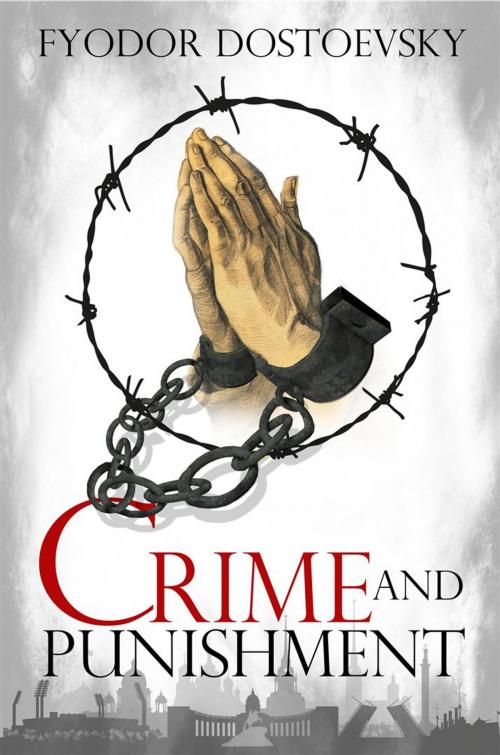

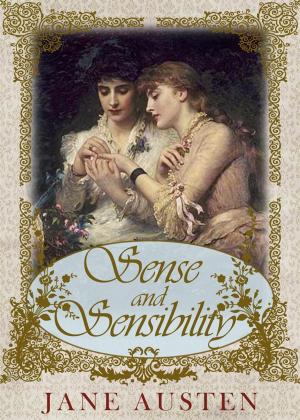

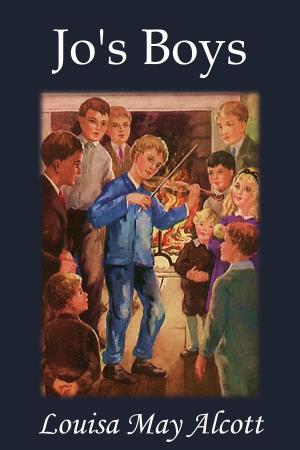


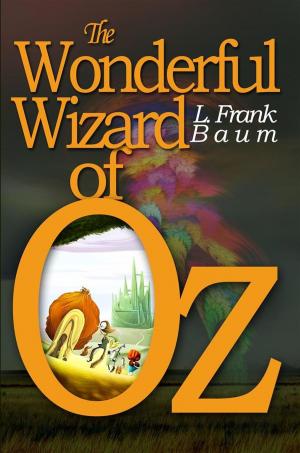
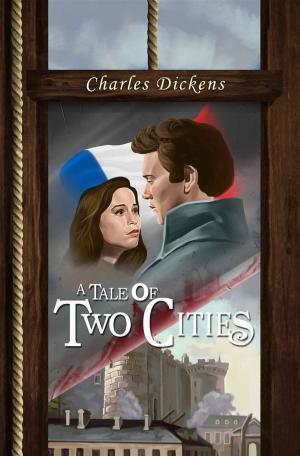
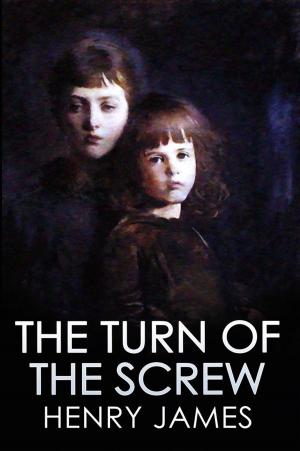
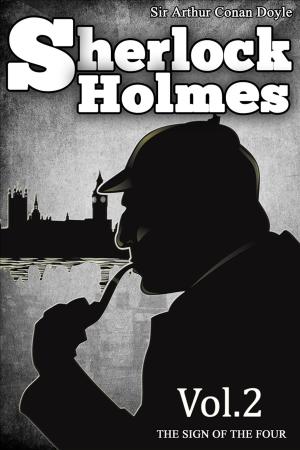
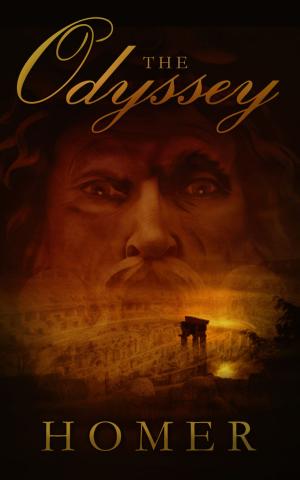

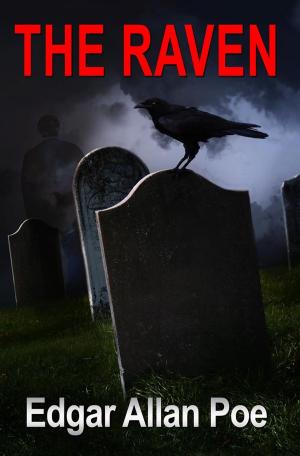

![Cover of the book In Search of Lost Time [Vol. 1 - 7] by Fyodor Dostoevsky](https://www.kuoky.com/images/2013/november/300x300/1230000196041-bA3g_300x.jpg)